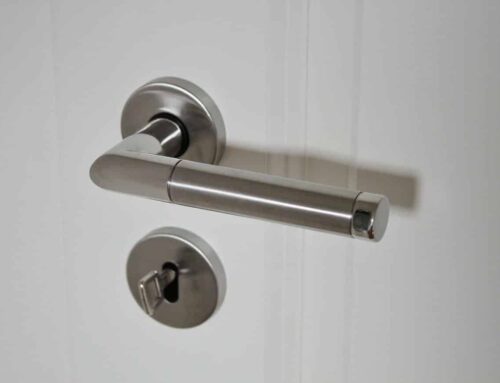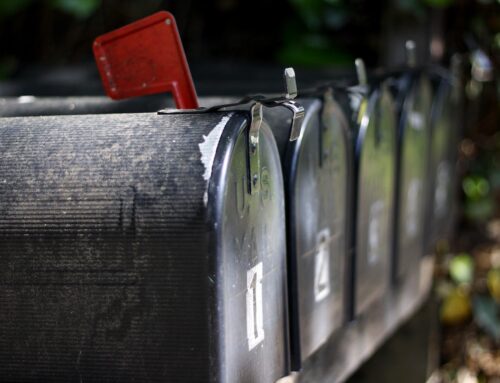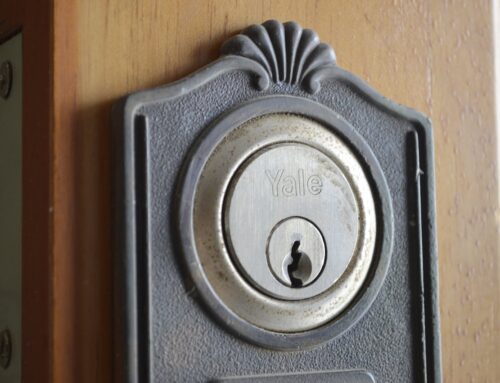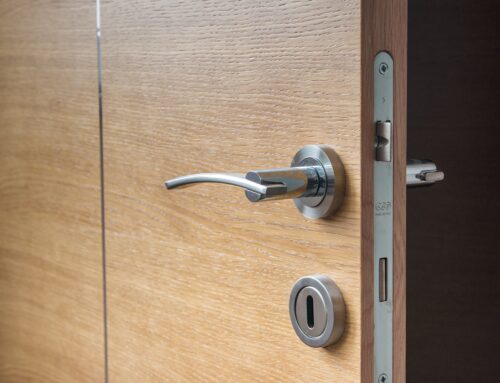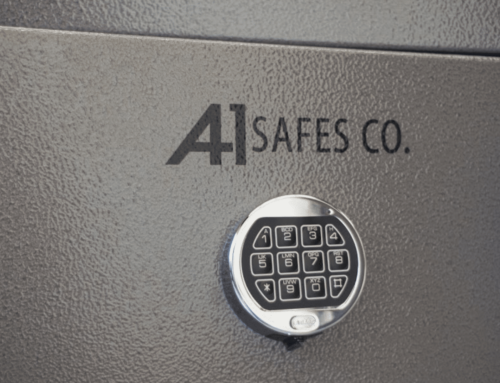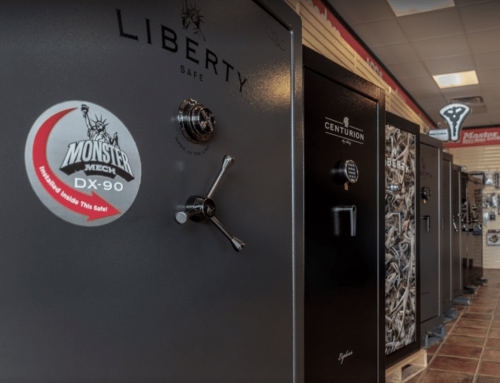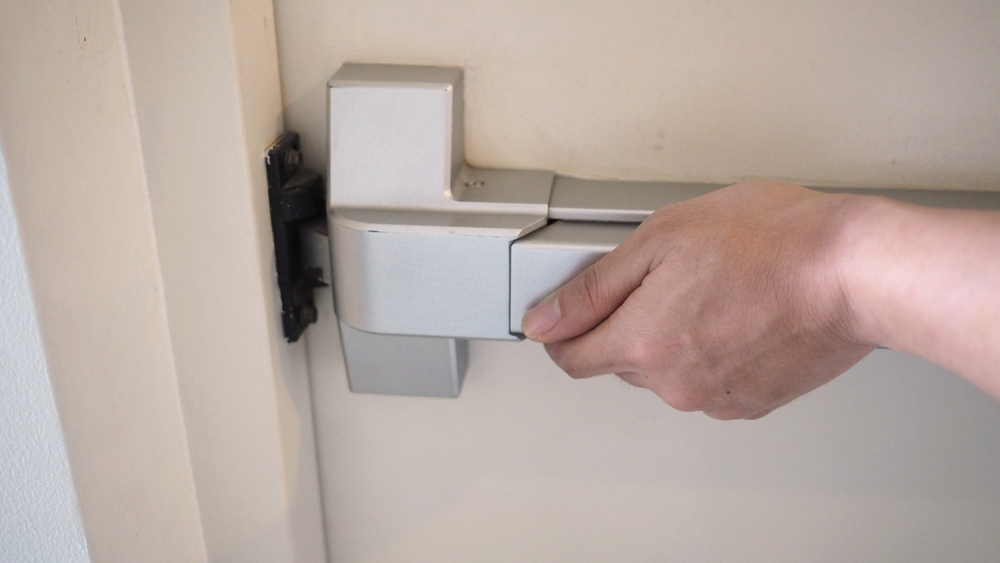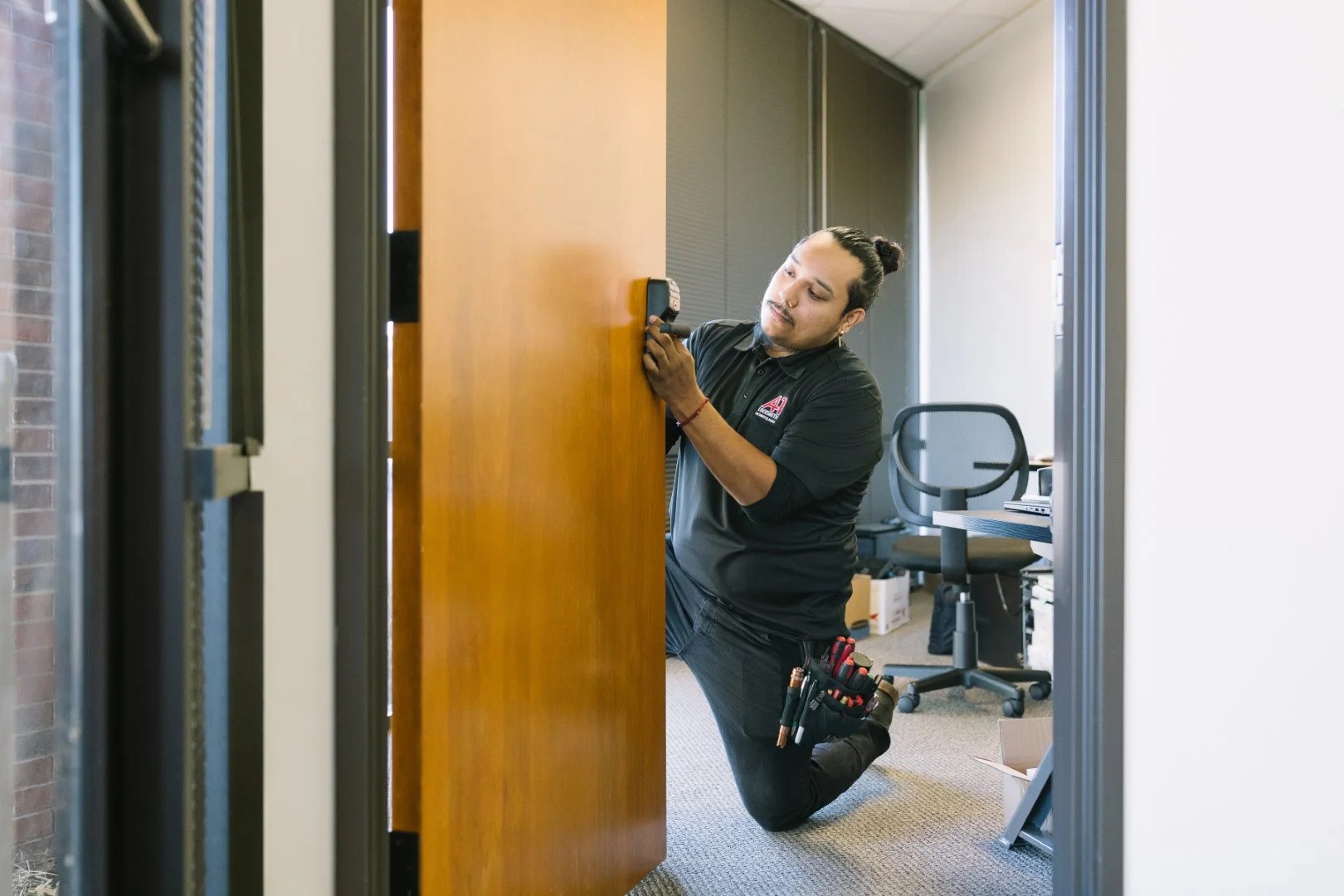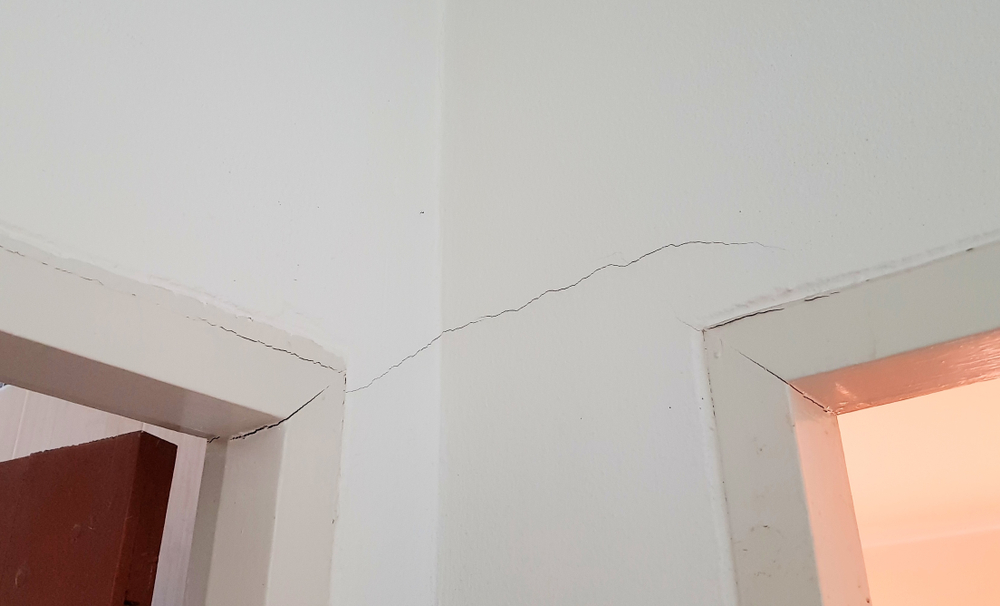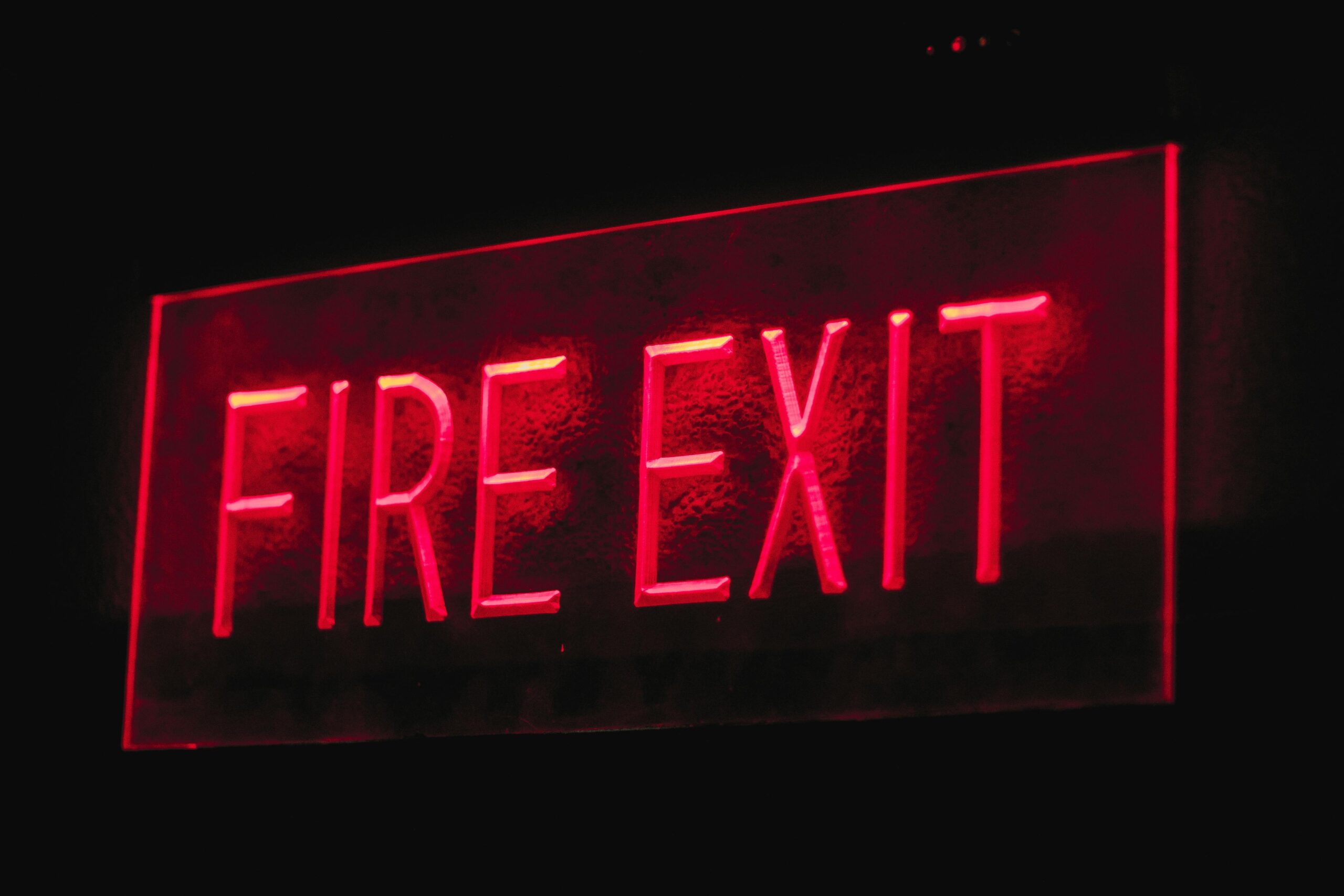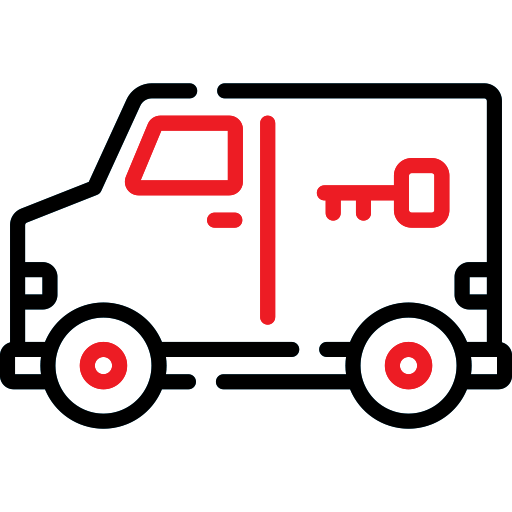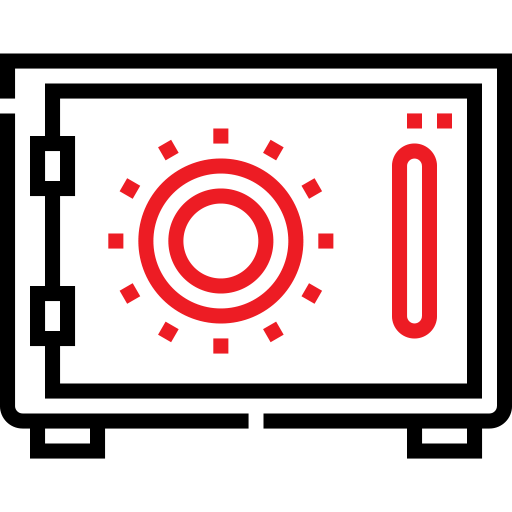Picture this: you come home from a long day at work. You get out of your car, hitting your head on the door frame and dropping your briefcase. After nearly slipping on the pathway to your door, you reach the entrance of your home, put in your key, try to turn it and… it won’t budge.
Great, now you have another problem you have to figure out.
No one wants to be in this situation. The problem is, doors and locking systems with issues can become increasingly difficult to unlock over time. This happens for a variety of different reasons. Let’s take a look at frequent causes and provide you solutions for each scenario.
Misaligned Key and Lock
One of the more common reasons doors are difficult to unlock is that the key and lock mechanism can become misaligned over time. Whether from frequent use, temperature changes or general wear and tear, slight shifts in the alignment of lock components prevent the key from smoothly entering the keyway or turning properly. Fortunately, recalibrating or realigning the lock and key will solve this issue (though lock replacements are sometimes necessary).
Dirty or Worn-Down Components
Dirt, dust and debris can accumulate inside the lock cylinder, just like any other small space. This causes friction and hinders the smooth operation of the lock mechanism. Dirty locks can also damage components within the lock, like pins, springs and tumblers. If any of these malfunction, it can cause the lock to work improperly. Cleaning or replacing them is a quick fix that can get your door back to smoothly unlocking.
Key Damage/Deformation
Bent, worn down or damaged keys also make it hard to unlock a door. This is because they no longer fit the way they did initially, making it more difficult to engage with the internal components of the lock. If your key is struggling to turn or gets stuck midway, this is a good sign it’s a key problem. A professional locksmith can inspect the key and create a new one if necessary to ensure proper functionality.
Incorrect Key Usage
You could also just be using the key incorrectly. Using too much force or the wrong turning technique can make it more difficult to function. Make sure you’re inserting the key fully into the keyway and gently and steadily turn it. Avoid forcing the key or you could cause further damage—seek a locksmith instead.
Environmental Factors
Finally, environmental factors like extreme temperatures, exposure to sunlight or general shifts in the building can affect the operation of door locks over time. Wooden doors are especially susceptible to this, but metal components can also expand and contract. Solutions for this can be simple (e.g., thawing a frozen lock) or more complex (complete lock replacement). Either way, a professional locksmith can assist here as well.
If your door is difficult to unlock and you’re seeking professional advice, a lock repair or a new locking system, consider partnering with A-1 Locksmith. Contact us today, or visit any of our Dallas-Fort Worth locations, and we’ll help you out.

